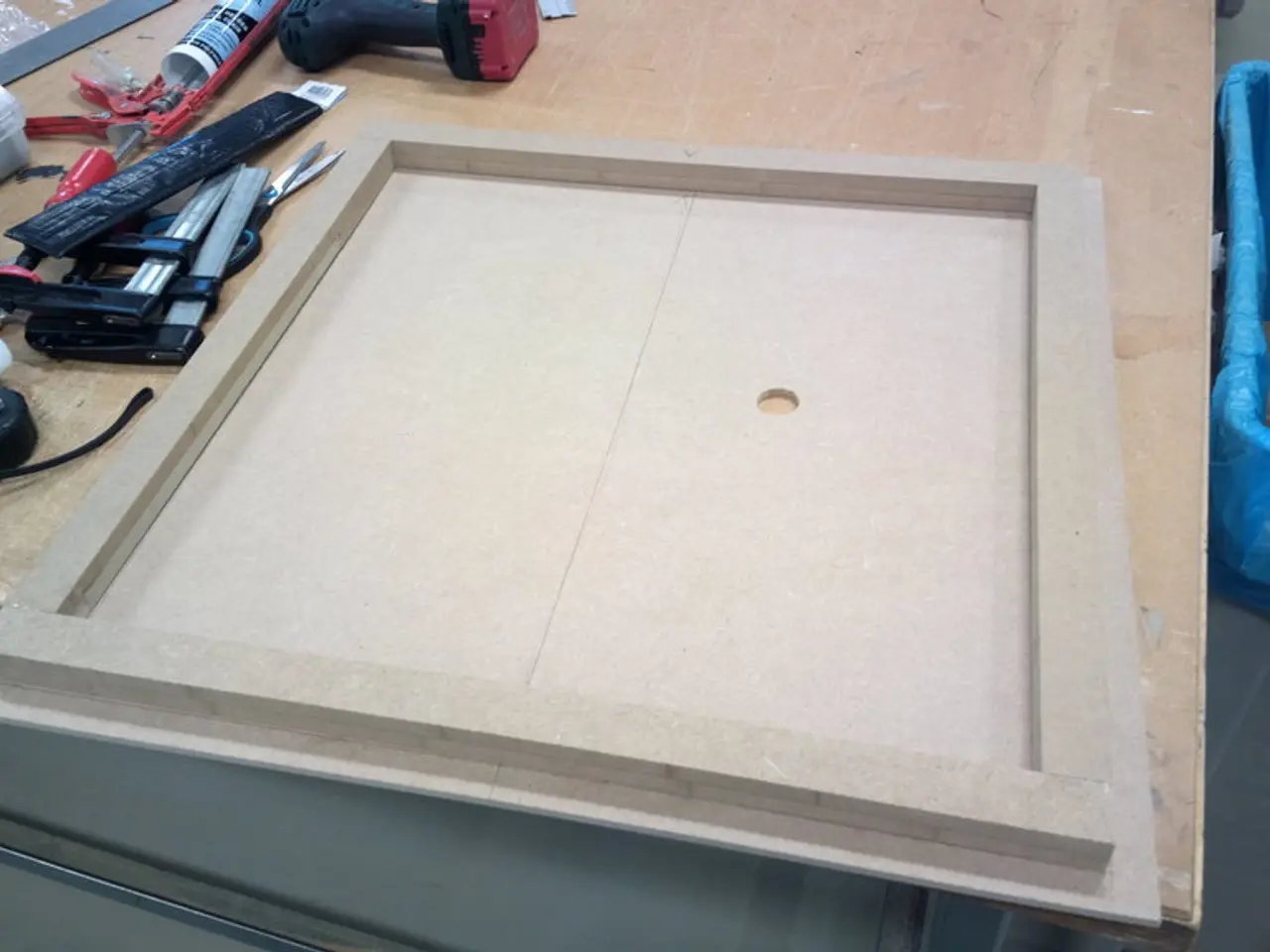Executive Function Issues and ADHD: Symptoms and Coping Strategies
=====================================================================================
Managing the challenges of executive dysfunction in individuals with Attention Deficit Hyperactivity Disorder (ADHD) can be a complex task. However, a range of evidence-based strategies can help improve executive functioning, making daily life more manageable.
Planning and preparing for the next day the evening before can help reduce the amount of decision-making. This is particularly useful for those with ADHD, as it helps alleviate the burden on working memory, a common challenge.
One such strategy is externalizing the mental load. Writing tasks, reminders, and to-dos on tools like whiteboards, Post-its, notebooks, or voice notes can help reduce the burden on working memory. Working alongside others (body doubling) can also aid focus by providing external reminders.
Breaking down tasks into smaller, manageable steps is another effective approach. This reduces overwhelm and helps maintain motivation through small successes.
Establishing structured routines and visual schedules can provide predictability and help manage transitions and task initiation difficulties associated with executive dysfunction. The Child Mind Institute suggests using a planner to write down all tasks and deadlines.
Tools to address time blindness, such as timers, alarms, and apps designed for ADHD, can help people manage time awareness and task completion.
Cognitive-behavioral therapy (CBT) is another useful tool. CBT helps individuals understand connections between thoughts, feelings, and behaviors, and develop skills for time management, planning, and impulse control.
Executive function coaching can also be beneficial. Coaches work with individuals to build skills like organization, goal-setting, planning, and self-belief, often providing personalized strategies and accountability.
Environmental modifications, such as creating workspaces with minimal distractions and clear organization, can support better executive function.
Additional strategies may include ADHD-specific skills classes or support groups to reinforce learning.
Executive dysfunction is extremely common in people with ADHD. Symptoms may include trouble with organizing tasks, getting started with a task, staying engaged and alert, keeping a level emotional state, using working memory and recall, self-regulating, and avoiding tasks that require sustained attention.
Treatment and management can improve executive functioning in people with ADHD, according to the Attention Deficit Disorder Association (ADDA). This includes programs for training working memory and mindfulness practices, which may help improve focus and attention, aiding executive function.
For adults, a doctor may use the Barkley Deficits in Executive Functioning Scale to assess executive function over time. Medication for ADHD, such as stimulants like Adderall, Ritalin, and Vyvanse, or nonstimulants like guanfacine extended release and Strattera, may help improve executive function in the short term.
Creating checklists or schedules for activities that prove challenging, such as getting out of the house on time, may help manage executive function issues. A quiet environment with no distractions can also improve focus and attention.
Executive function tests to measure specific skills such as working memory or inhibition control may be used. Understanding the reason behind organizational strategies may make people more likely to stick to them.
In conclusion, a combination of strategies, including externalizing the mental load, breaking down tasks, using structured routines, utilizing time management tools, cognitive-behavioral therapy (CBT), coaching, environmental modifications, and mindfulness practices, can help individuals with ADHD manage executive dysfunction and improve their daily lives.
Read also:
- Eight strategies for promoting restful slumber in individuals with hypertrophic cardiomyopathy
- Exploring the Strength of Minimally Digestible Diets: A Roadmap to Gastrointestinal Healing
- Secondhand Smoke: Understanding its Nature, Impact on Health, and Additional Facts
- Could a Secret Heart Rhythm Device Infection Be Causing Your Illness?





